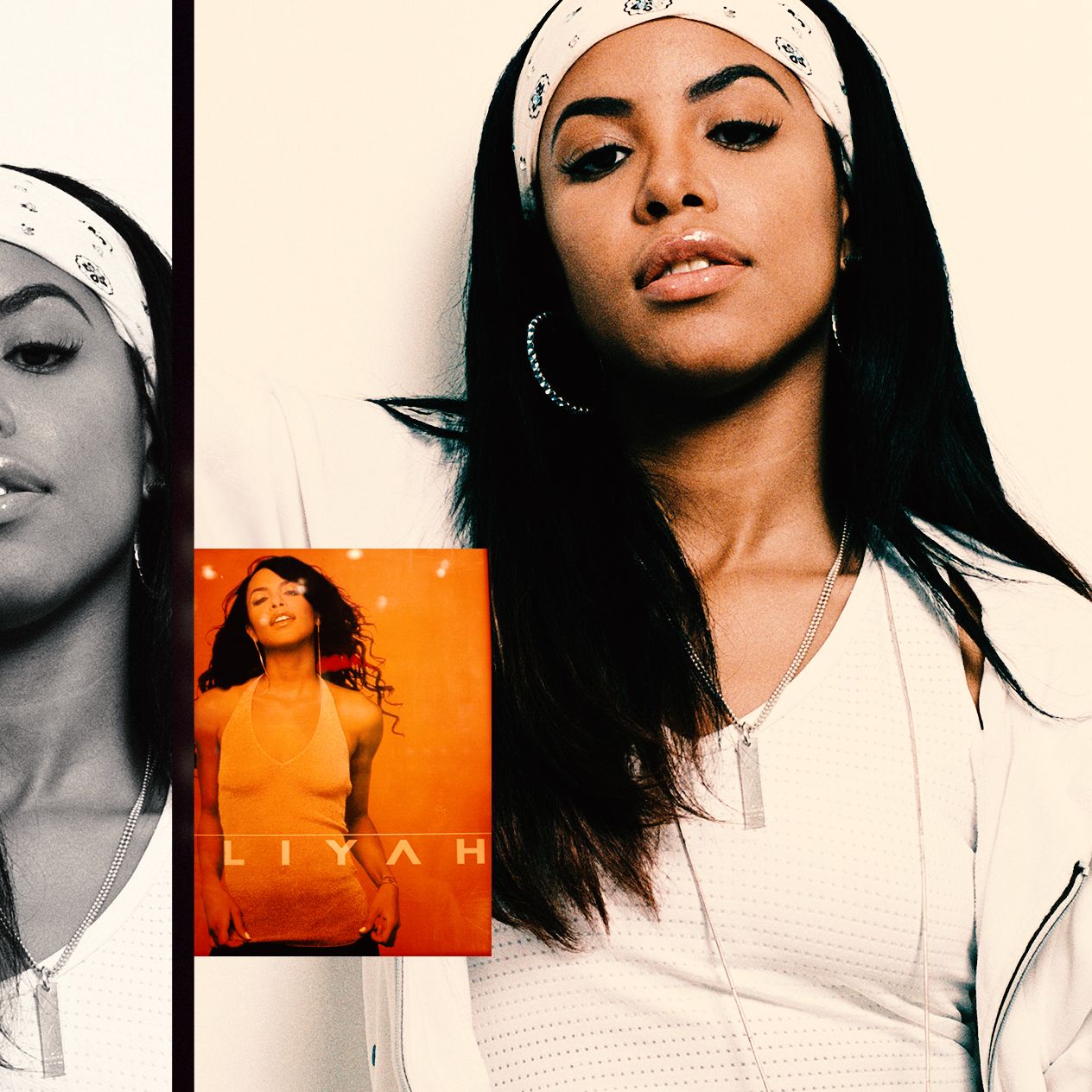One night in August 2001, my mom and I were watching the news when a reporter announced the unimaginable: Aaliyah and eight others had died in a plane crash shortly after takeoff in the Bahamas. Although only 22 years old at her death, Aaliyah had already built a prolific body of work that included three charted studio albums and top billing in the early 2000s feature films Romeo Must Die and Queen of the Damned. My 10-year-old self couldn't fathom a young and talented soul, the indisputable princess of R&B and burgeoning movie star, being snuffed out so quickly. And I wasn't alone. The whole world seemed to be mourning her.
As time passed, music consumption habits evolved from CDs to iPods to smartphones, positioning most music at our fingertips. Aaliyah's music was an exception. For two decades, her digital discography was largely unavailable and incomplete. Her uncle Barry Hankerson, who was also Aaliyah's former manager and head of her label Blackground Records, owned the singer's masters and refused to release her music in digital music stores or streaming services. Like most fans, I had my CDs, but those were quickly becoming outdated and, before cell phones became smartphones, watching and listening to music on YouTube required a computer and internet access. As I went from walking around with my bulky CD player tucked into my jean pocket to a smaller, more convenient iPod, my Aaliyah CDs gathered dust, her music fading to the background of my childhood.
Finally in August 2021, news broke that Blackground Records planned to release Aaliyah's final two albums One in a Million and Aaliyah on streaming services before the end of the year.

One night in August 2001, my mom and I were watching the news when a reporter announced the unimaginable: Aaliyah and eight others had died in a plane crash shortly after takeoff in the Bahamas. Although only 22 years old at her death, Aaliyah had already built a prolific body of work that included three charted studio albums and top billing in the early 2000s feature films Romeo Must Die and Queen of the Damned. My 10-year-old self couldn't fathom a young and talented soul, the indisputable princess of R&B and burgeoning movie star, being snuffed out so quickly. And I wasn't alone. The whole world seemed to be mourning her.
As time passed, music consumption habits evolved from CDs to iPods to smartphones, positioning most music at our fingertips. Aaliyah's music was an exception. For two decades, her digital discography was largely unavailable and incomplete. Her uncle Barry Hankerson, who was also Aaliyah's former manager and head of her label Blackground Records, owned the singer's masters and refused to release her music in digital music stores or streaming services. Like most fans, I had my CDs, but those were quickly becoming outdated and, before cell phones became smartphones, watching and listening to music on YouTube required a computer and internet access. As I went from walking around with my bulky CD player tucked into my jean pocket to a smaller, more convenient iPod, my Aaliyah CDs gathered dust, her music fading to the background of my childhood.
Finally in August 2021, news broke that Blackground Records planned to release Aaliyah's final two albums One in a Million and Aaliyah on streaming services before the end of the year.

 One night in August 2001, my mom and I were watching the news when a reporter announced the unimaginable: Aaliyah and eight others had died in a plane crash shortly after takeoff in the Bahamas. Although only 22 years old at her death, Aaliyah had already built a prolific body of work that included three charted studio albums and top billing in the early 2000s feature films Romeo Must Die and Queen of the Damned. My 10-year-old self couldn't fathom a young and talented soul, the indisputable princess of R&B and burgeoning movie star, being snuffed out so quickly. And I wasn't alone. The whole world seemed to be mourning her.
As time passed, music consumption habits evolved from CDs to iPods to smartphones, positioning most music at our fingertips. Aaliyah's music was an exception. For two decades, her digital discography was largely unavailable and incomplete. Her uncle Barry Hankerson, who was also Aaliyah's former manager and head of her label Blackground Records, owned the singer's masters and refused to release her music in digital music stores or streaming services. Like most fans, I had my CDs, but those were quickly becoming outdated and, before cell phones became smartphones, watching and listening to music on YouTube required a computer and internet access. As I went from walking around with my bulky CD player tucked into my jean pocket to a smaller, more convenient iPod, my Aaliyah CDs gathered dust, her music fading to the background of my childhood.
Finally in August 2021, news broke that Blackground Records planned to release Aaliyah's final two albums One in a Million and Aaliyah on streaming services before the end of the year. |














0 comments:
Post a Comment